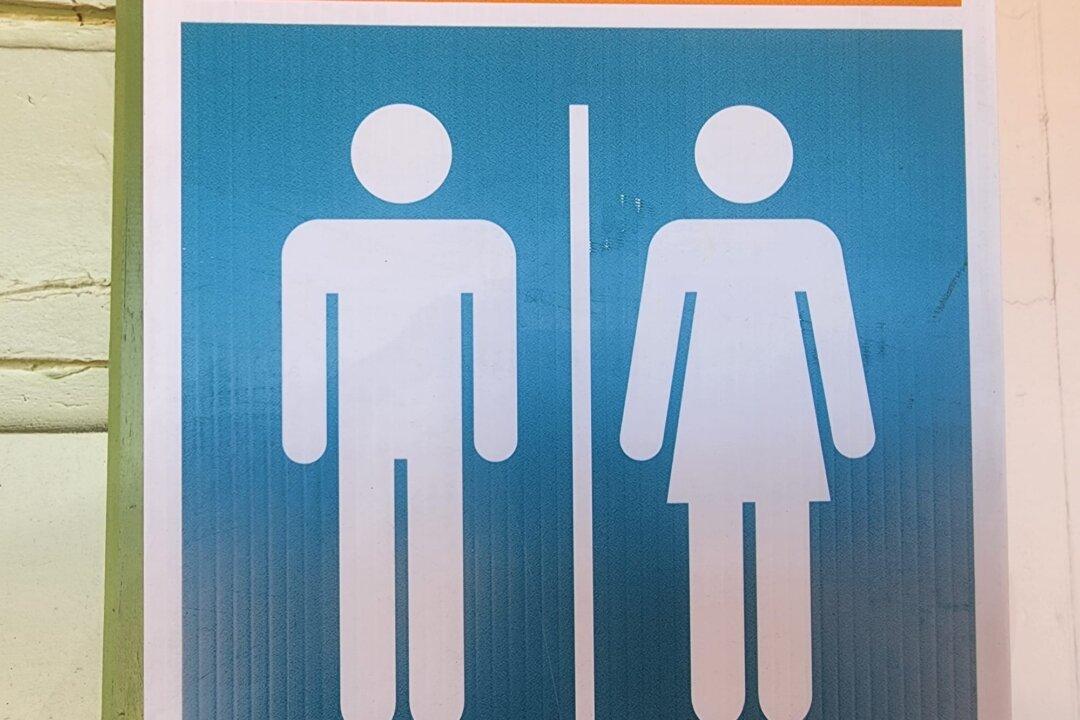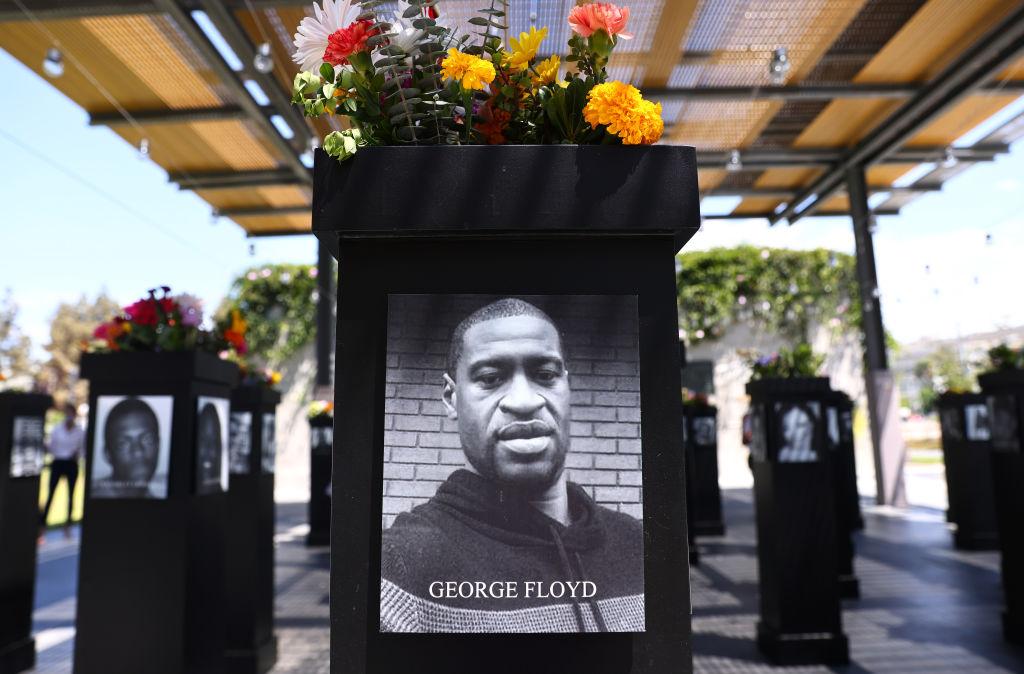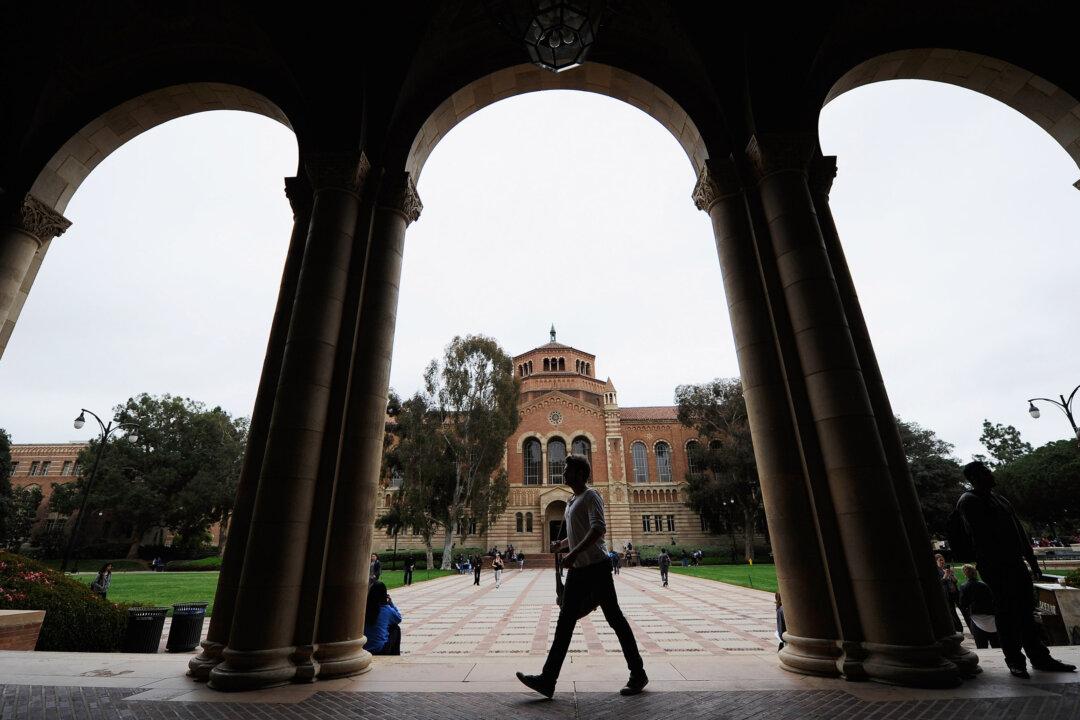Commentary
Fraud is a permanent part of life. There will always be people who seek illicit advantage by representing themselves as something they are not or promising to do something they don’t intend to do. No area of human life is immune: Financiers, doctors, teachers, car mechanics, plumbers, bridegrooms—there will always be frauds among them. So it’s puzzling when we are told that there is one area of human life where fraud can’t exist.





